
In today’s Pharma Pulse, global pharmaceutical production hits a surge as manufacturers brace for US tariff shifts, while a new study reveals how smart speakers are slashing A1C levels for older adults.
Nicholas Saraceno is Editor of Pharmaceutical Commerce. He can be reached at [email protected].

In today’s Pharma Pulse, global pharmaceutical production hits a surge as manufacturers brace for US tariff shifts, while a new study reveals how smart speakers are slashing A1C levels for older adults.
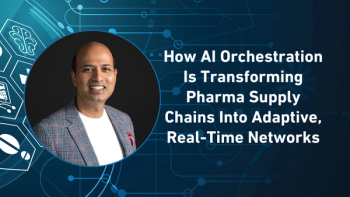
In the second part of his Pharma Commerce video interview, Hari Kiran Chereddi, CEO of HRV Pharma, describes how AI-driven orchestration, real-time data integration, and federated learning are reshaping pharmaceutical supply chains for faster, safer, and more agile operations.

In today’s Pharma Pulse, the United States finalizes its departure from global health oversight, while domestic providers face a record-breaking surge in respiratory hospitalizations.
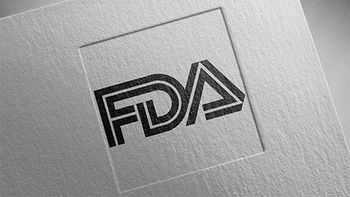
The agency will evaluate FISP after early results show major gains in speed, capacity, and real-time risk mitigation across US ports of entry.

Artificial intelligence is helping pharma teams uncover critical safety signals faster, lower costs, and shift pharmacovigilance from compliance to competitive advantage.

In today’s Pharma Pulse, Congress races to secure funding, while Novavax nets a half-billion-dollar validation of its non-aluminum vaccine technology.

The France-based provider brings its cloud-native WMS and automation expertise to the US market.
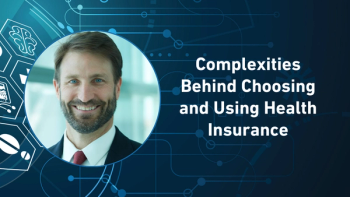
In the final part of his Pharma Commerce video interview, Alan Balch, PhD, CEO of the Patient Advocate Foundation and the National Patient Advocate Foundation, explains how understanding premiums, coverage trade-offs, and HSAs remains a major challenge for patients—and for policymakers designing new plans.

In today’s Pharma Pulse, over 200 health groups denounce childhood vaccine schedule cuts, GSK acquires RAPT Therapeutics, and BD partners with ten23 health to scale large-volume injectors.

The partnership aims to speed commercialization, reduce risk, and enable large-volume biologics to shift from IV to subcutaneous delivery.
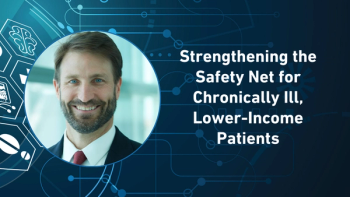
In the fourth part of his Pharma Commerce video interview, Alan Balch, PhD, CEO of the Patient Advocate Foundation and the National Patient Advocate Foundation, outlines the financial pressures that make sustained safety net protections a healthcare imperative.

In today’s Pharma Pulse, the FDA and EMA synchronize on AI standards, a potential divide in pricing strategy occurs, and BoomRx launches a needle-free nanoemulsion for weight loss.

The platform is helping to improve absorption, consistency, and scalable care delivery.
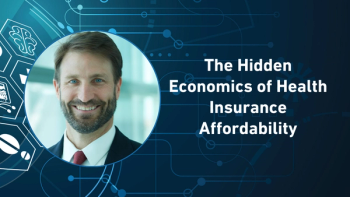
In the third part of his Pharma Commerce video interview, Alan Balch, PhD, CEO of the Patient Advocate Foundation and the National Patient Advocate Foundation, points out that from employer-paid premiums to Medicare and Medicaid subsidies, the US system relies on layered financial support to keep coverage within reach—underscoring how few individuals can realistically pay the full cost of care or insurance on their own.

In today’s Pharma Pulse, Novartis calls for a shift from "cost-containment" to structural reform, hospital mergers hit their lowest point in 15 years, and new data warns of "cost shocks" driven by copay accumulators.

The company brings its temperature-controlled Superbox to the US pharma industry, aiming to improve speed, compliance, and resilience in the cold chain process.
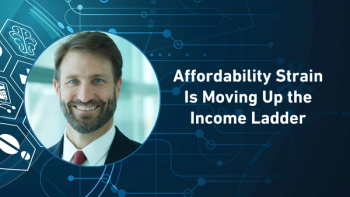
In the second part of his Pharma Commerce video interview, Alan Balch, PhD, CEO of the Patient Advocate Foundation and the National Patient Advocate Foundation, describes how rising healthcare and living costs are expanding financial hardship beyond traditional eligibility thresholds, while safety-net resources shrink and demand accelerates.

In today’s Pharma Pulse, President Trump unveils a patient payment plan, the FDA flags a rare seizure risk for several leading flu vaccines, and MJH Life Sciences expands its data-driven reach.

The company’s latest preview report projects a guarded rebound for biopharma, as investor confidence returns and M&A activity accelerates.
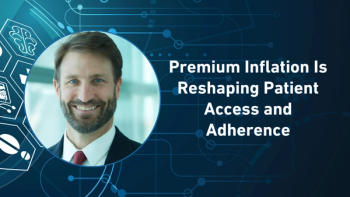
In the first part of his Pharma Commerce video interview, Alan Balch, PhD, CEO of the Patient Advocate Foundation and the National Patient Advocate Foundation, explains how mounting financial pressure is forcing patients to ration care, undermining treatment adherence and accelerating downstream clinical and economic risk.

In today’s Pharma Pulse, AbbVie joins TrumpRx, shingles vaccines reveal a longevity boost, and HER2 therapies break new ground in cancer treatment.
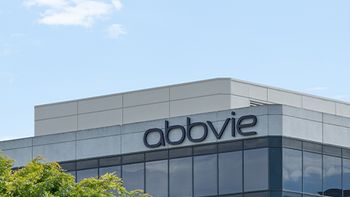
The company will participate in the Trump administration’s direct-to-patient drug platform, while committing $100 billion to US R&D and manufacturing.
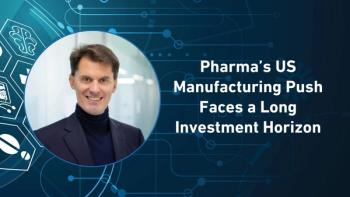
In the final part of his Pharma Commerce video interview, Franco Stevanato, CEO of Stevanato Group, explains that with plant buildouts and validation requiring three to five years, today’s reshoring momentum reflects near-term policy pressures, but global demand and overseas biosimilar growth will ultimately shape the industry’s next phase.

In today’s Pharma Pulse, Novartis expands its US radioligand footprint, and 15,000 New York City nurses go on strike.
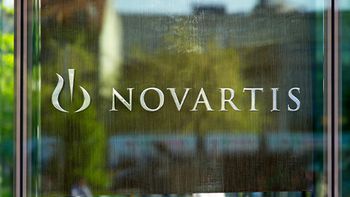
The pharma giant will invest in a 35,000-square-foot RLT manufacturing site in Winter Park, FL as part of its $23 billion US infrastructure expansion.

In the third part of his Pharma Commerce video interview, Franco Stevanato, CEO of Stevanato Group, shares how automatic contract adjustments tied to labor, energy, and inflation—combined with the critical role of supply reliability—allow the company to pass through limited surcharges while maintaining strong client relationships.

In today’s Pharma Pulse, Amazon Pharmacy launches Novo's first oral Wegovy pill with transparent cash pricing, Johnson & Johnson triples down on North Carolina manufacturing, and new clinical data links medical debt to rising eviction risks.
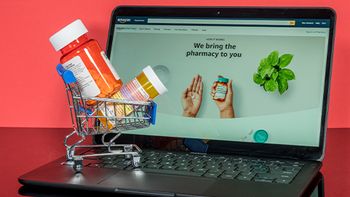
Novo Nordisk’s newly approved oral semaglutide is now available nationwide through Amazon Pharmacy with insurance and cash-pay options.
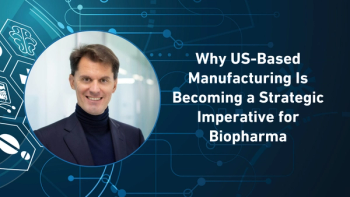
In the second part of his Pharma Commerce video interview, Franco Stevanato, CEO of Stevanato Group, describes how from FDA validation to dual-site redundancy and reshoring momentum, the expansion of US capacity is a competitive advantage for pharma clients navigating increasingly complex global supply chains.

In today’s Pharma Pulse, Johnson & Johnson secures a major tariff deal by joining the federal drug discount portal, while new data warns that missing early infant shots is the leading predictor of skipped MMR vaccines.